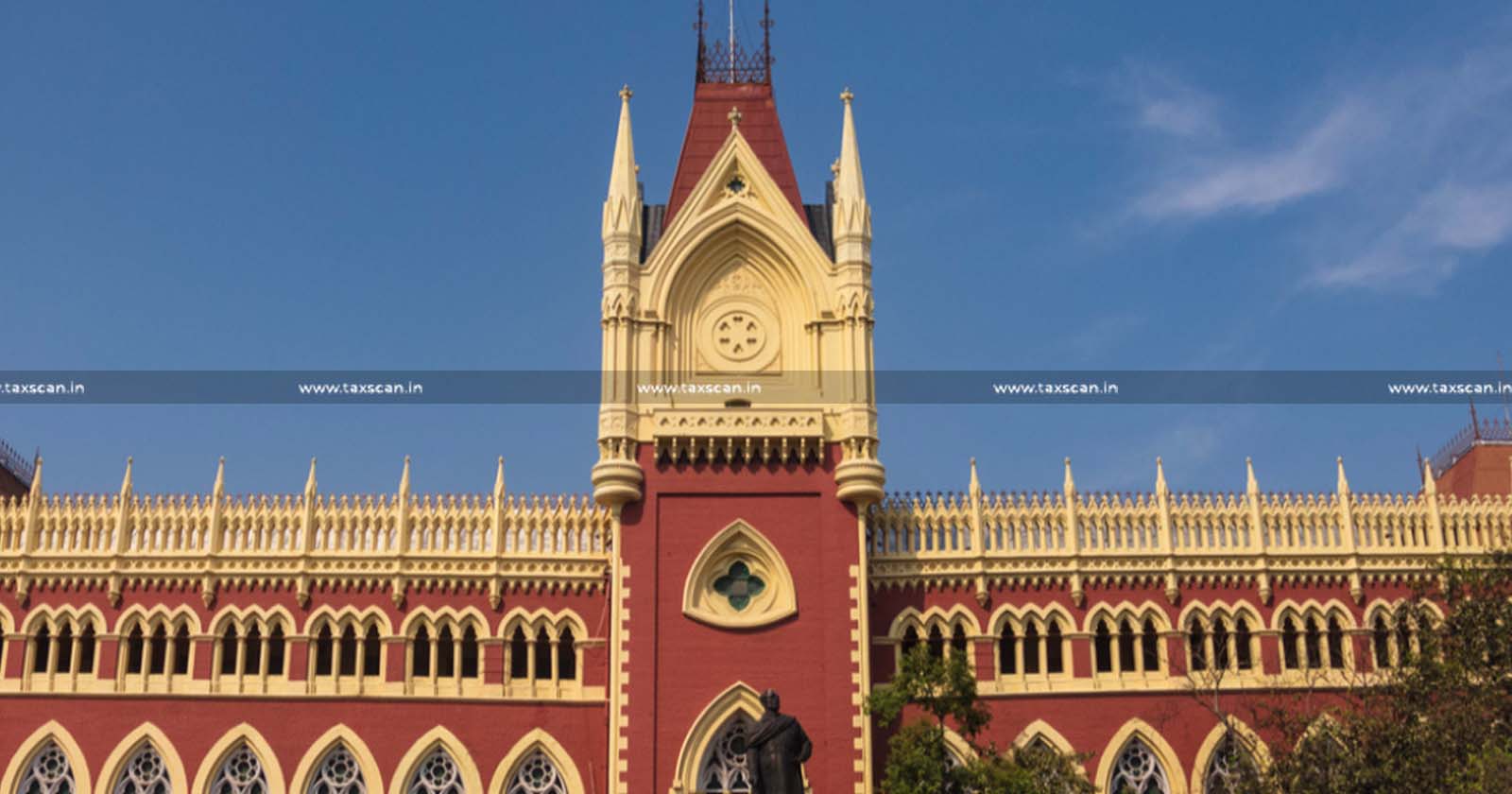No Unjust Enrichment and Passing Burden of Customs Duty arise when goods are in use: Calcutta HC
The Calcutta High Court has held that there is no unjust enrichment and passing burden of customs duty arises when goods are in use

The Calcutta High Court has held that there is no unjust enrichment and passing burden of customs duty arises when goods are in use. It was contended that the bar of unjust enrichment is not applicable if the claim arises on finalization of provisional assessment and in this regard, Section 18 of the Act was referred to. The adjudicating authority by order rejected the claim for refund on the grounds of limitation as well as on the ground of passing on the full incidence of duty claimed by the assessee to other persons.
The appellant Revenue filed an appeal under Section 130 of the Customs Act, 1962 ( the Act ) challenging the order passed by the Customs Excise and Service Tax, Appellate Tribunal, Eastern Zonal Bench, Kolkata ( tribunal ).
Mr. K.K. Maiti, Senior Standing Counsel for the department assisted by Mr. Tapan Bhanja advocate and Dr. Samir Chakraborty, Senior Advocate assisted by Mr. Abhijit Biswas and Mr. B. Sengupta advocates for the respondent.
M/s Dredging Corporation of India Limited, the respondent assessee is a Government of India undertaking that entered into a contract with Kolkata Port Trust for dredging work at Balari Bar Reach at river Hooghly and for transporting the material dredged and disposing of the same in the designated disposal area. The assessee purchased one cutter suction dredger with accessories and spares from a Dutch firm.
The three bills of entries were filed which were assessed provisionally on payment of duty and against execution of bond as the customs authorities entertained doubt as to whether spares along with the dredger and two subsequent consignments and others were eligible for assessment at the rate applicable to dredger under Accessories ( Conditions ) Rules, 1963 read with Notification No. 133/87-Cus.
The assessee contended that spares which have come along with the dredger covered under the Bills of entry for which no separate invoice has been raised by the supplier should be assessed at the rate applicable to the dredger and the extra duty paid by them during provisional assessment should be refunded to them as the two conditions mentioned in the Accessories Rules and Notification No. 133 of 1987 has been fulfilled by them.
The adjudicating authority rejected such contention and confirmed the demand of duty in respect of spares and accessories and denied the benefit of Notification No. 133/87-Cus. The appeal filed by the assessee against the said order of adjudication was dismissed by the Commissioner of Appeals. The tribunal by order dated 13.09.2001 accepted the case of the assessee.
When the refund application was taken up for consideration it was alleged that the application was not filed within six months from the date of finalization of the provisional assessment made by the Assistant Collector and therefore the same is time-barred. Further, it was held that the assessee failed to establish by documentary evidence that they did not pass on the incidence of duty to any other person in terms of Section 27 read with Sections 28C and 28D of the Act. The assessee contended that the order of the tribunal and the refund claimed was filed and the same is within the time limit.
The Commissioner of Customs ( Appeals ) held that he does not have jurisdiction to pass any order and directed the assessee to pursue the matter before the Commissioner of Customs ( Port ). The Commissioner of Customs ( Port ) directed the matter to be considered and accordingly, the adjudicating authority took up the matter and called upon the assessee to produce the documents to show that the incidence of duty has not been passed on to any other person.
The adjudicating authority once again took up the matter and by order dated 28.12.2004 sanctioned a refund but once again directed the amount to be credited to the Consumer Welfare Fund. The adjudicating authority took up the matter for consideration and noted that the order passed by the Commissioner of Customs ( Appeals ) has been accepted by the Commissioner of Customs ( Port ) once again while sanctioning the refund and directed the amount to be credited to the Consumer Welfare Fund.
The tribunal by order set aside the order passed by the Commissioner ( Appeals ) and directed the case to be decided afresh after allowing the assessee. The Commissioner of Appeals by order set aside the order passed by the Assistant Commissioner crediting the refund to the Consumer Welfare Fund and directed the refund to be paid to the assessee in full.
The Supreme Court in Sahakari Khand Udyog Mandal Limited Versus Commissioner of Central Excise and Customs held that it has to be shown that the claimant has paid the amount for which relief has been sought and he has not passed on the burden on the consumer and if such relief is not granted he would suffer loss.
A division bench comprising Chief Justice T S Sivagnanam and Justice Hiranmay Bhattacharyya held that the tribunal was right in affirming the order passed by the Commissioner of Customs ( Appeals ), Kolkata and dismissed the appeal of the appellant revenue.
To Read the full text of the Order CLICK HERE
Support our journalism by subscribing to Taxscan premium. Follow us on Telegram for quick updates
COMMISSIONER OF CUSTOMS (PORT), KOLKATA vs DREDGING CORPORATION OF INDIA LIMITED , 2024 TAXSCAN (HC) 318 , K.K. Maiti, Tapan Bhanja , Samir Chakraborty, Abhijit Biswas, B. Sengupta

